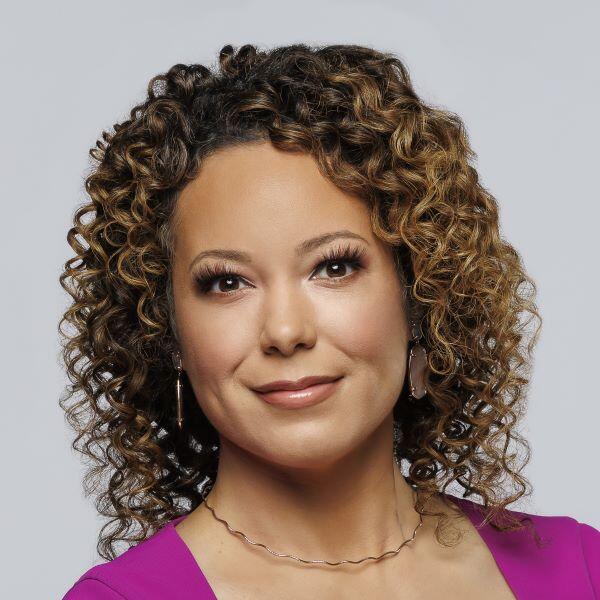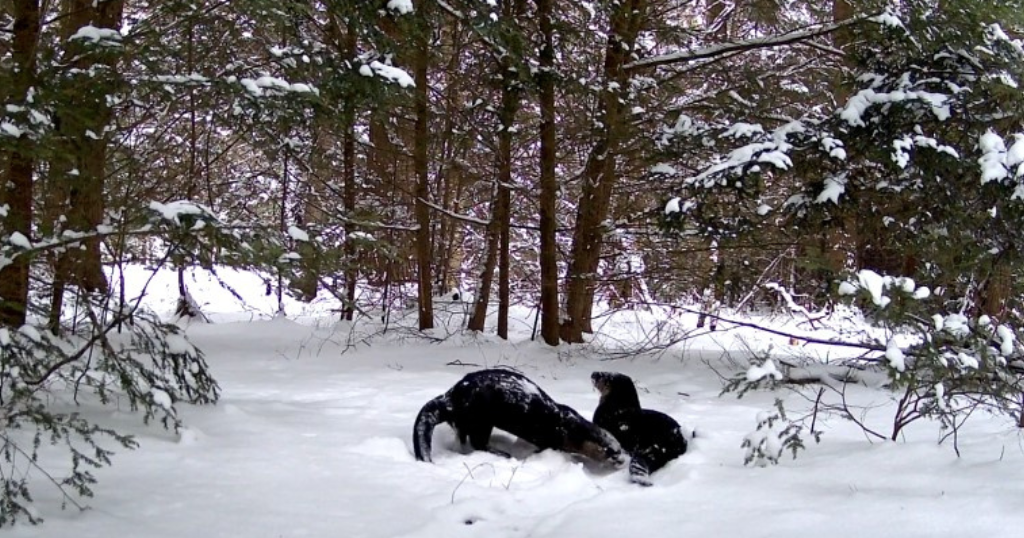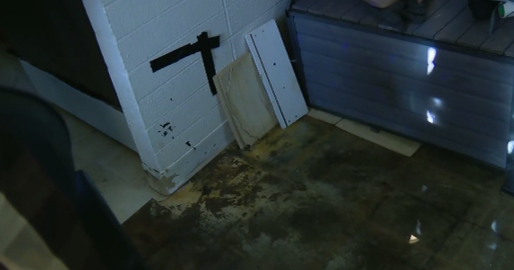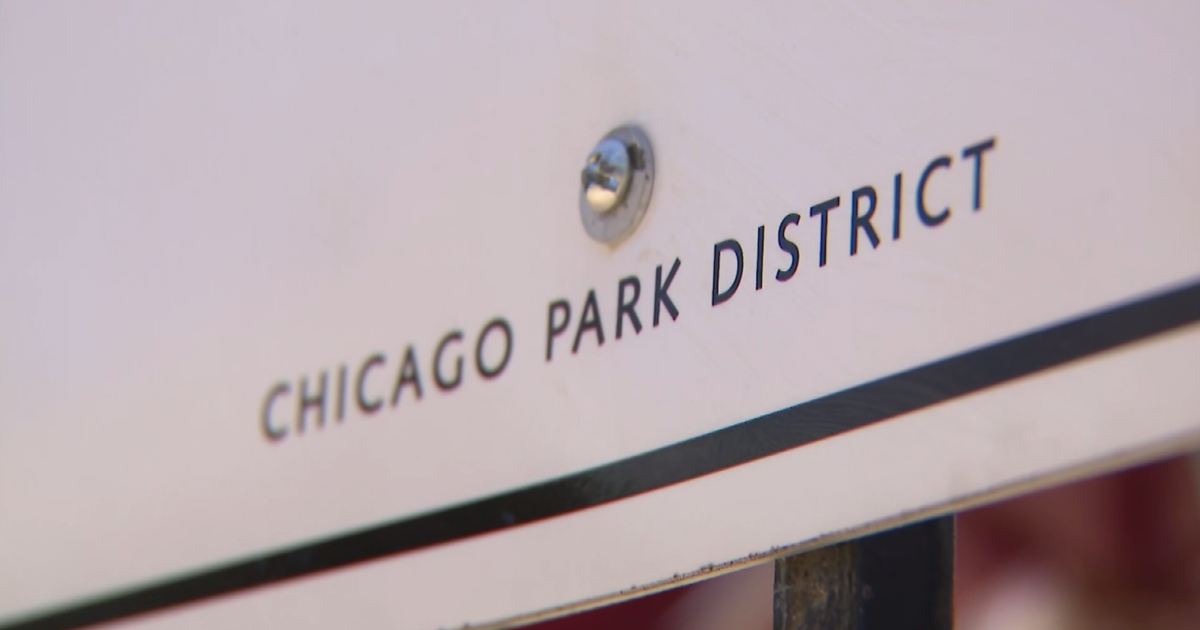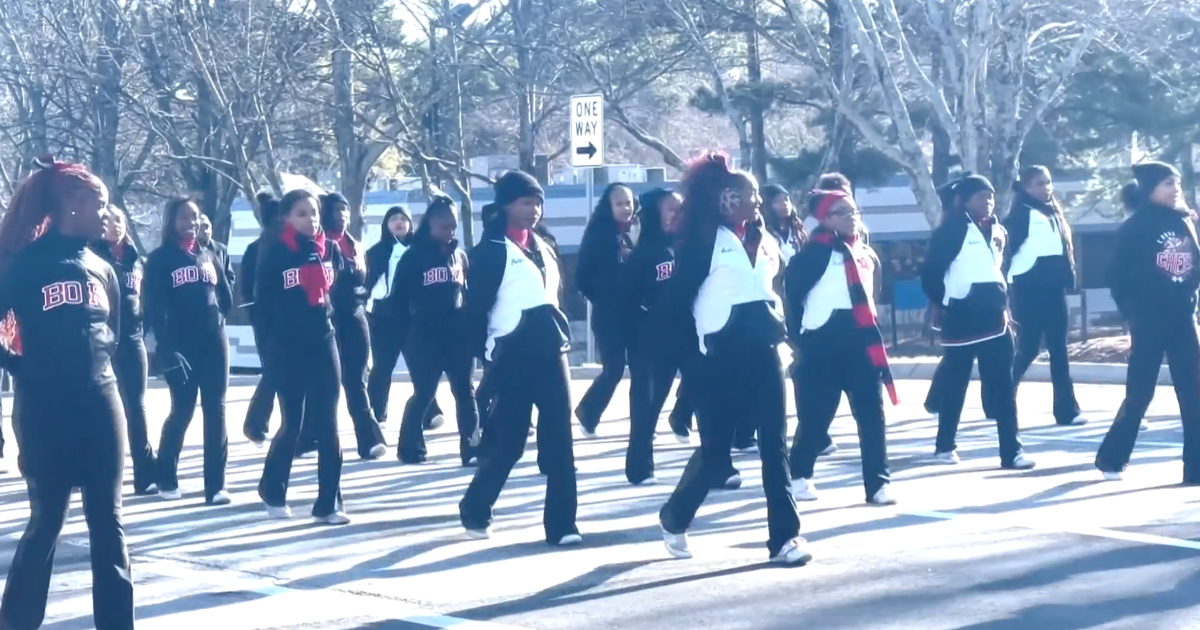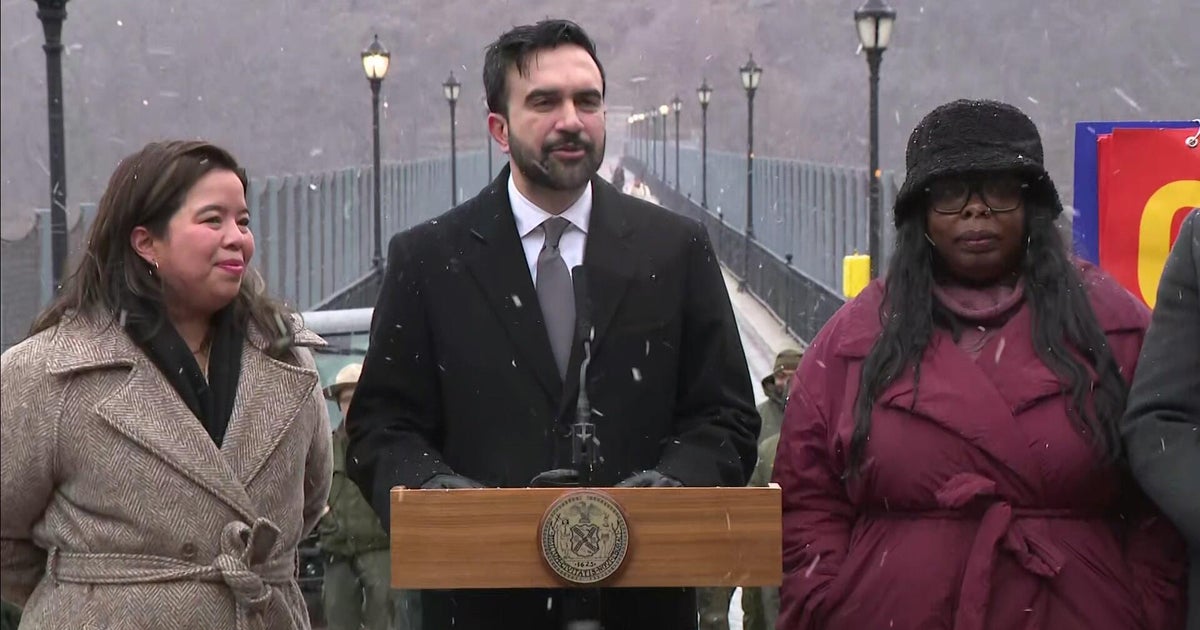NYC pesticide-free park pilot program showing signs of success
NEW YORK -- A pilot program to prevent pesticide use in city parks is already showing signs of success. The city is working with a variety of environmental advocates to promote a safer place to play.
"We're talking pollinators to pets, and wildlife to waterways," said Jay Felder, executive director of Beyond Pesticides, an advisor on the project.
Organic growth can now be seen at eight city parks, including Morningside Park in Harlem. Through efforts led by grassroots groups like Eco Friendly Parks For All and The Black Institute, this coalition's mission to advocate for environmental justice succeeded.
Former City Council member Ben Kallos introduced the bill prohibiting pesticides in parks years before it was approved on Earth Day 2021.
"On the Upper East Side, Carl Schurz Park on 90th Street saw few, if any, sprays of these pesticides," Kallos said, "While parks in East Harlem just six blocks north saw exponentially more sprays of toxic, cancer-causing pesticides."
City parks have already reduced overall pesticide use by 98% in the past decade and currently only treat invasive species in areas not open to the public.
"If they were left to go sort of wild, we wouldn't have the forest we know of today," Deputy Parks Commissioner Jennifer Greenfeld explained.
The pilot program began in the fall, with Osborne Organics studying what is growing beneath the ground.
"Samples of this soil went under a microscope," said president Chip Osborne, "and all those little organisms under there were identified, and what they're doing and how they're working."
Over the next three years, as new grass roots take hold, the group will help establish new protocols and best practices, eventually aiming for all natural products.
The Parks Department is also working with the Sanitation Department to incorporate compost into the soil.
"Within five years of a program like this, we should see a 35% reduction in water use," Osborne said.
Yogurt maker Stonyfield Organics donated $60,000 towards the project Thursday, with grocery chain Stop & Shop adding another $5,000 for Staten Island.
Environmental activists continue to ask for even more funding, however, pointing out the city paid more in police overtime last year than the entire budget for parks.
After further study of the parks involved in the pilot program, the practices will spread to other locations across the city.
Have a story idea or tip in Harlem? Email Jessi by CLICKING HERE.
